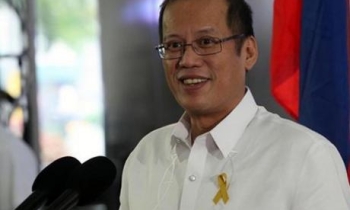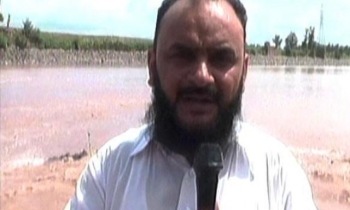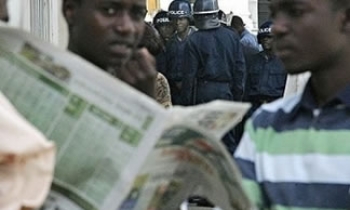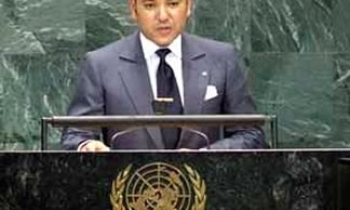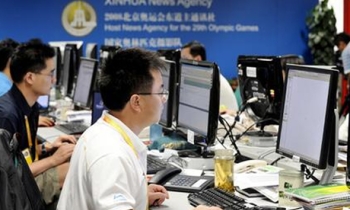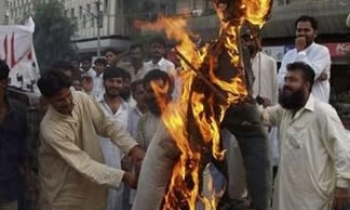MOSCOW: Novaya Gazeta, an independent Russian newspaper, officially began sales on Wednesday of a bound collection of articles and commentary by Anna Politkovskaya, the paper's special correspondent who was murdered last year.
The book was released as the paper's editors and staff once again demanded an honest investigation into the crime.
Politkovskaya, 48, was one of fiercest domestic critics to emerge in post-Soviet Russia. With her writing, she campaigned against what she saw as a proliferation of official brutality and corruption in the government under President Vladimir Putin, and the horrors and endemic crime that have accompanied the wars in Chechnya.
She died, apparently in a contract killing, last October, shot multiple times with a pistol as she entered her Moscow apartment building after returning from a nearby food store.
The case remains unsolved, the latest in a line of murders of journalists in Russia that remain without resolution, and a situation that has made her a posthumous symbol of the diminished media freedoms here.
The collection of her work released Wednesday, a brick-thick volume of 980 pages, bore a photograph of her intent face beside a title of two words: "For What."
Mikhail Gorbachev, the former Soviet president and a co-owner of the newspaper that Politkovskaya brought fame, joined her editors, friends and family in calling for the crime to be solved.
He said the case was especially important because much of Russian society thinks that law enforcement officials were involved in her killing. He also spoke, using words that did not to criticize Putin directly, of Russia's need for independent journalists.
"There is a great need for such people," he said. "Maybe now the need is even greater than before."
Gorbachev held a copy of the book and suggested that while her writing was painful for some to read - it often accused government officials, soldiers and police officers of crimes - it was ultimately helpful to the Russian state. "It is bitter," he said. "But it is a medicine."
Politkovskaya's colleagues at Novaya Gazeta also spoke with frustration about the pace of the official investigation, saying that they had cooperated with law enforcement agencies but had not yet seen a result.
They added that they had refrained from publishing material that their own work had turned up, because they did not want to endanger the official case or its sources of information. But they expressed worry that the official investigation would be whitewashed, and said that if such a course became evident, they would be compelled to publish their findings.
"If we see the political resolution is about to be imposed, we will run all of the material that we have," said Dmitry Muratov, the paper's chief editor.
The renewed demand for progress in the investigation occurred as the International Federation of Journalists, a Brussels-based private organization, held its congress in another section of the city, and faced a continued chill from the Kremlin.
The federation said it had selected Moscow for its round of meetings, which it holds every three years, in part to bring attention to the deteriorating environment for independent journalism in Russia.
Kremlin officials have boycotted the event, ignoring invitations to attend and speak. Aidan White, the federation's general secretary, left the congress briefly in the afternoon to lend support to the calls for progress in the investigation.
"Unfortunately, this is a country that appears to have a culture of impunity" with respect to crimes against journalists, he said.
He added that he had heard from Russians this week that every attack against a journalist "is fully investigated until it has come to a successful dead end."
As was often the case in recent years with Politkovskaya, the events on Wednesday passed without official notice.
Western journalists and several Russian newspaper reporters were in attendance, but official Russian news sources avoided coverage of a public figure the Kremlin had treated as a nonperson. This followed an old pattern.
After Putin rose to power and national television networks fell under state control, Politkovskaya was blocked from televised appearances. The release of the book and call for results to the investigation were not mentioned on the evening news.


